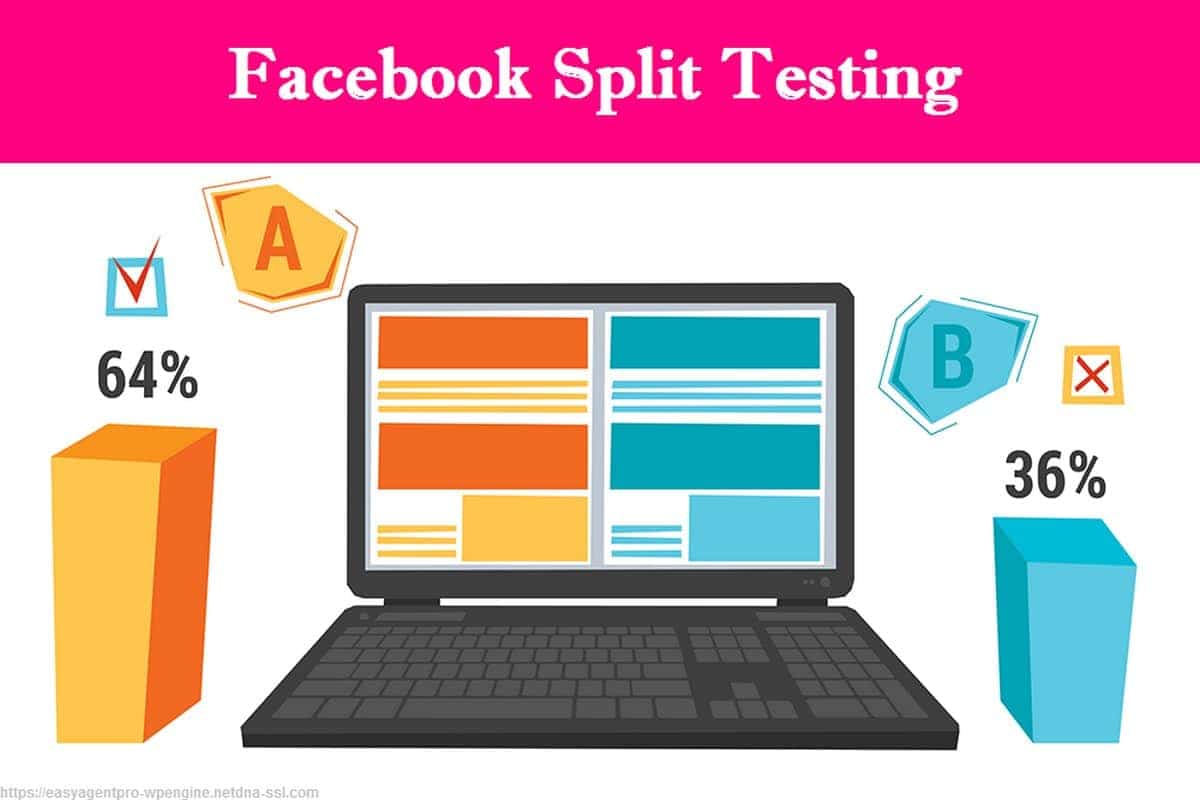B2B Marketing Vs. B2C Marketing in the E-Commerce Industry
B2B Marketing Vs. B2C Marketing in the E-Commerce Industry
E-commerce has taken many companies across the world by storm. Giants like Alibaba.com and Amazon have been created in the past few years thanks to the sudden boom in the e-commerce industry. Alibaba and Amazon are both similar in the sense that they are websites where people buy and sell products, i.e. e-commerce portals. However, they are also very different in regards to who these products are sold to.
Companies like Amazon sell their products directly to consumers, i.e. Business to Consumer (B2C) marketing. On the other hand, companies like Alibaba.com are marketplaces where businesses interact with and sell products to other businesses, i.e. Business to Business (B2B) marketing.
Prima facie, it may appear that both B2B, as well as B2C marketing, are very similar. However, the reality is that it can be quite different. In this article, we will have a closer look at the differences between B2B and B2C marketing. Some of them have been listed below.
Rational vs. Emotional Decisions: Firstly, it needs to be understood if the nature of the buyer changes, so does the buying behaviour. Individual buyers are focused more on the emotional benefits that they can derive from buying a product. They are the end users. Hence, their thought process is concentrated around the likely emotional benefits.
On the other hand, corporate buyers adopt a much more rational approach. Corporations do not buy products for their personal use. As such, they do not derive any emotional satisfaction from the product they buy. For corporations, products that they purchase, serve a very specific purpose. A product is supposed to perform a specific task at the lowest possible price. The money left over adds to the bottom line of the company.
As a result, the marketing and branding in B2B companies are very different than the marketing and branding in B2C portals. B2C portals tend to concentrate more on the emotional aspects whereas B2B portals have to focus more on the rational aspects.
Group Buying vs. Individual Buying: B2C selling is about selling to individuals. Hence, all marketing strategies are geared towards adding value to that specific individual. The e-commerce portals that are the most successful provide all relevant information in one place for a buyer to make the decision then and there. Also, it needs to be understood that in the case of B2C marketing, e-commerce portals expect decisions to be made as soon as possible.
On the other hand, B2B buying is a group activity where more than one person is involved from the buying side. As a result, B2B e-commerce portals are well aware of the fact that buying will not happen immediately. They know that buying is a long drawn process that may require iterative discussions and collaboration. This is the reason why the most successful B2B e-commerce portals also enable collaboration along with providing all the relevant information that enables decision making.
Revenue per Customer: B2B customers are hard to find. However, they are considerably easy to keep. This is because as long as the product or service is being provided at a reasonable cost, B2B customers do not generally switch vendors. Hence, the long term revenue that can be derived from a B2B customer is much higher than what can be derived from B2C customers. Also, since B2B provides a relatively stable customer base, the ongoing marketing expenses also do not need to be very high.
On the other hand, B2C e-commerce portals do not have a hard time finding customers. However, they have a very difficult time keeping them for long. Hence, these firms need to spend vast amounts of money in order to attract customers every time. The ticket size for individual customers is also less than corporations. Hence, B2C e-commerce portals do not need to focus on every deal like B2B portals have to.
Pricing: The pricing techniques used in B2B portals are very different from the ones used in B2C portals. This is because B2B portals tend to focus on long term consistent buying. If the supplier knows that a given buyer is likely to buy in larger quantities in the future, they are likely to provide a steep discount. Past history and future expectations tend to colour the negotiations. Transactions on B2B e-commerce websites almost never happen on the price that has been listed on the portal.
On the other hand, B2C e-commerce websites do not negotiate with customers no matter how much they promise to buy. Transactions on B2C websites strictly happen on the price that is stated. These prices may be discounted from time to time and the list price reduced as and when required. However, transactions strictly happen on the list price.
B2C websites rely on seasonal sales in order to sell their products. However, B2B websites do not really adopt the sale model. They tend to provide consistent prices all year long.
To sum it up, B2B and B2C marketing are very different in the e-commerce industry. An entirely different outlook and skill set is required to be successful in each of the segments mentioned above. This is the reason why Amazon or Alibaba have not tried to diversify into each other’s business.









